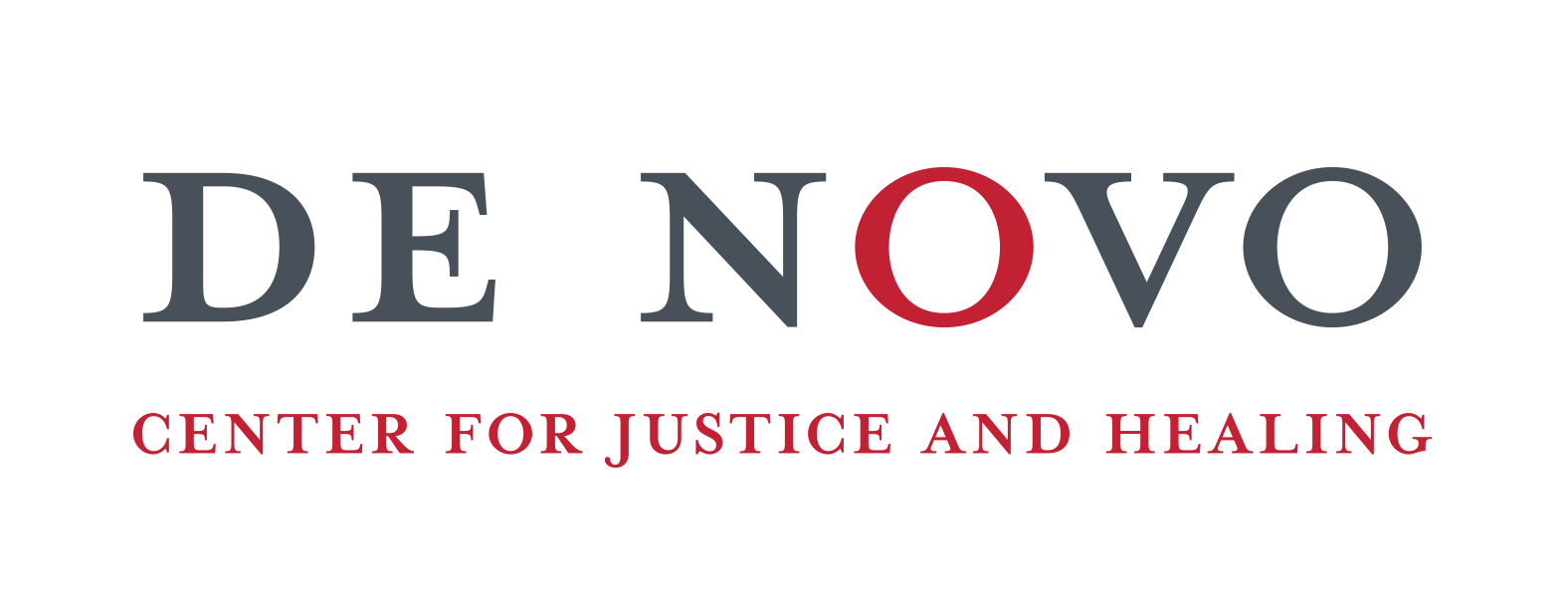De Novo’s History: A Timeline
“1968 - The Beginning
Dr. Joseph Brenner, a psychiatrist at Massachusetts Institute of Technology, opens the Cambridgeport Free Medical Clinic in a one-story storefront in Cambridge.
Staffed by volunteer doctors and nurses, the clinic provides free medical care to anyone who feels they are unable to use existing medical services.”
“”
“1970 - Our Doors Open
Two years later, Dr. Brenner founds the Cambridgeport Problem Center to address the unmet needs of a growing population of young people living on the streets at a time when Harvard Square was a magnet for hippies, flower children, and drop-outs.
Teams of volunteer lawyers, social workers, and mental health professionals help clients find ways to solve their problems and make better life choices.”
“”
“1970
“No one stays strictly within his own professional boundaries,” Dr. Brenner writes in the New York Times.
”The lawyer might do work normally regarded as the province of a social worker. The welfare worker learns and practices a little law. And, of course, everyone poaches on the psychiatrist’s ground.””
“”
“1973
The Center suspends medical services to focus on counseling and legal aid.”
“1977 - Move to One West Street
The Cambridgeport Problem Center moves to One West Street near Central Square in Cambridge. The basement office space, donated by the City of Cambridge, will be the Center’s home for the next 40 years.”
“1978
Recognizing the devastating impact that domestic violence has on women and their children, the Center begins to prioritize services for domestic violence survivors, particularly assistance with family law issues.”
“1980
Christina Wolfe, a volunteer attorney at the Center, is hired as its Executive Director.”
“1981
Mediation services are added to the roster of available assistance at the Center. Volunteer mediators help resolve landlord-tenant disputes and minor criminal complaints referred by the Cambridge District Court.
The Cambridge Dispute Settlement Center spins off on its own in 1989. ”
“1984
The Center expands legal aid to serve immigrants seeking legal status and individuals eligible for federal disability benefits.”
“1986
Leslee Klein becomes Executive Director of the Cambridgeport Problem Center, a position she will hold for 22 years until her retirement in 2007.”
“1991
The Center begins offering group counseling services. Group counseling expands in 1995 and again in 2009.”
“1995 - A New Era
The Center celebrates its 25th anniversary and changes its name to Community Legal Services and Counseling Center (CLSACC) to better reflect the services it provides to clients.”
“1995
This same year, CLSACC establishes the Dr. Joseph H. Brenner Award in honor of its founder. Its first recipient is nationally-known author and psychiatrist Dr. Judith L. Herman, in recognition of her work with survivors of domestic violence.Full List of Dr. Brenner Award Recipients
”
“1995
CLSACC adds housing services to its legal program, assisting Cambridge tenants to preserve affordable housing amid rapid gentrification following the end of rent control. ”
“2000
The Counseling Program undertakes a new initiative to conduct forensic psychological evaluations for immigrants and refugees seeking political asylum, and trains volunteer mental health professionals to do this work.”
“2007
Barbara Mitchell is appointed Executive Director. During her eight-year tenure, CLSACC significantly expands its staff and programs.”
“2007
The Counseling Program, long staffed by a single clinical director, grows to a team of three with the addition of an associate clinical director and a clinical social worker.”
“2008
The Immigration Unit expands with the addition of two part-time attorneys who specialize in representing LGBTQ asylum claims and other complex asylum cases.”
“”
“2012
The Center formally establishes its Torture Treatment Program. CLSACC is admitted into the National Consortium of Torture Treatment Programs and the International Rehabilitation Council for Torture Victims (IRCT), a network of 150 torture rehabilitation centers in over 70 countries across the globe.”
“2015
A new leadership team takes the reins as Mojdeh Rohani is appointed Executive Director, and John Froio, in a newly-created leadership position, is named Deputy Director.”
“2016
The Center enters a period of significant growth with the addition of several new positions including a case manager, a volunteer and training coordinator, and a generalist staff attorney.
Over the next few years, CLSACC also adds an assistant legal director, full-time development director, full-time accountant, housing attorney, intake specialist, and legal assistant.”
“2017
CLSACC receives the inaugural Reginald Heber Smith Award from Massachusetts Lawyers Weekly in 2017 for excellence in legal services.”
“2017 - Move to 47 Thorndike Street
CLSACC takes the courageous step to move from its donated space at One West Street to a 7,200-sq-ft leased space in Bulfinch Square at 47 Thorndike Street.”
“2019 - A New Name
CLSACC changes its name to De Novo Center for Justice and Healing. Along with its name change, De Novo debuts a new logo, website, and visual identity.”
“”
“2020 - De Novo Turns 50
De Novo marks 50 years of service to the community.
To commemorate the milestone, De Novo establishes the Herbert Epstein Volunteer Award to recognize the five decades of extraordinary contributions by its volunteers.”
“”
